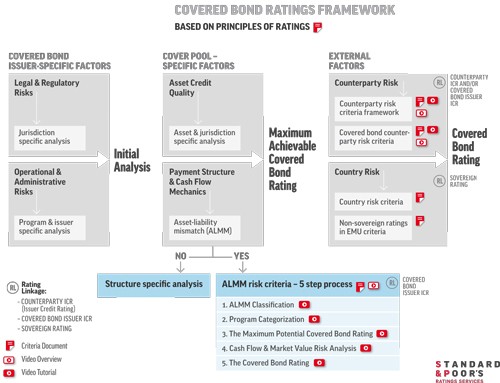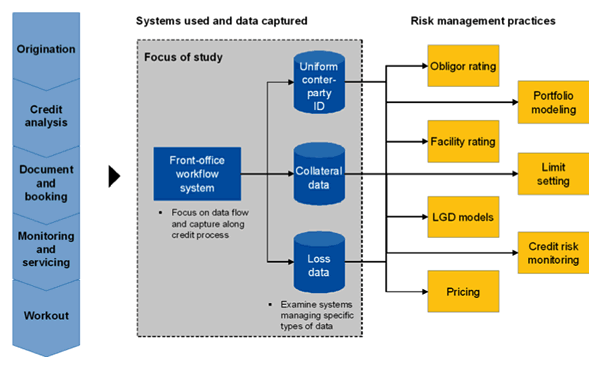Counterparty Credit Risk
Post on: 16 Март, 2015 No Comment

Course Instructor
Dr. Oliver Brockhaus
MathFinance
Oliver Brockhaus has 15 years of experience as quantitative analyst in the areas of equity, commodity, credit and hybrids. His interests include stochastic volatility, correlation as well as copulas. Oliver holds a doctorate in mathematics from the University of Bonn and a Diploma (DEA) in Applied Probability from the University Paris VI.
The tutor has held numerous courses on derivatives since 2003.
Description
Counterparty Credit Risk is in the focus of many financial institutions. Since the Lehman default new regulation (Basel III) has changed the way we look at financial assets. The objective of this workshop is to develop a solid understanding of counterparty credit risk from both regulatory as well as methodological point of view.
Participants will learn how to quantify this risk taking into account recent developments in financial markets, regulatory environment and academic research. Presentation material (presentation slides, spreadsheets) will be made available free of charge.
The presenter has spent 15 years with leading investment banks as front office quantitative researcher focusing on credit and equity derivatives. The course should hence appeal to a technical audience with some mathematical background.
Intended number of participants: 5 — 20
Target Audience
- Risk Managers: understand regulatory requirements and technical implications
- Quants / Financial Engineers: learn about best practice methods and models for risk management tool development
- Traders: understand impact of funding and counterparty credit on their book, optimize collateral management
- Structurers: understand impact of funding and counterparty credit on structured products
- IT: understand regulatory requirements and technical implications for design of risk reporting systems
Prerequisites
- Calculus, probability theory, linear algebra, basics of stochastic processes
- Financial product knowledge up to Hull
Programme
Day I
Introduction to counterparty credit risk
- History: counterparty credit risk old and new
- Regulation overview: FASB, IASB, Basel 2, Basel 3
- New accounting: CVA, DVA, FVA
- New risk mitigation: CSA and Central Counterparty

IR market
- Products: definitions, conventions, market
- Deposits: forward rate, bond
— Swaps: fixed/floating, tenor basis, cross currency basis, OIS
- Multi curve modelling
- How to build curves taking into account IR product data
— Pricing / risk management using multiple curves
Credit market
- Credit products: definitions, conventions, market
- Risky bond, CDS, credit index
— Credit event definitions
- Generic products: counterparty credit mitigation
- Collateral agreement (CSA), cheapest to deliver
- Netting agreement (ISDA)
— Break clauses
- Default probabilities
- How to bootstrap from CDS and recovery data
- Implied versus historical default probabilities
- Risk premium: liquidity, default risk, restructuring
— How to map illiquid names: credit rating, sector, region
- Default correlation
Modelling default
- Structural approach
- From Mertons one period model to barrier models
— Copula models: alternatives to Gauss
- Reduced form approach
— Stochastic hazard rate
- Credit portfolio models
- Wrong way risk
Regulation
- Basel 2
- Capital: regulatory, economic, RWA, tier 1, tier 2, capital adequacy
— Foundation Internal Ratings Based (F-IRB)
- Basel 3
- CVA capital charge
Day II
Counterparty credit risk and funding
- Risky discounting
— Assumptions, advantages, limitations
- Close-out: risk free versus replacement
- Netting
- Collateral, cheapest to deliver
— EE, PFE, EPE, EAD
— CVA / DVA / FVA
— Morini / Piterbarg / Brigo
IR and credit with counterparty risk
- IR Swap with counterparty risk
— Case study: CVA / DVA / Exposure for an IRS
- CDS with counterparty risk
- Structural approaches
- Reduced form approaches
— Collaterized CDS pricing
- Correlated rates / hazard rates
Equity with counterparty risk
- Structured products
- Case study: issuer risk of an equity linked note
— Case study: CVA for autocallable
- Wrong way risk
- Case study: CVA / DVA / Exposure for European style products














